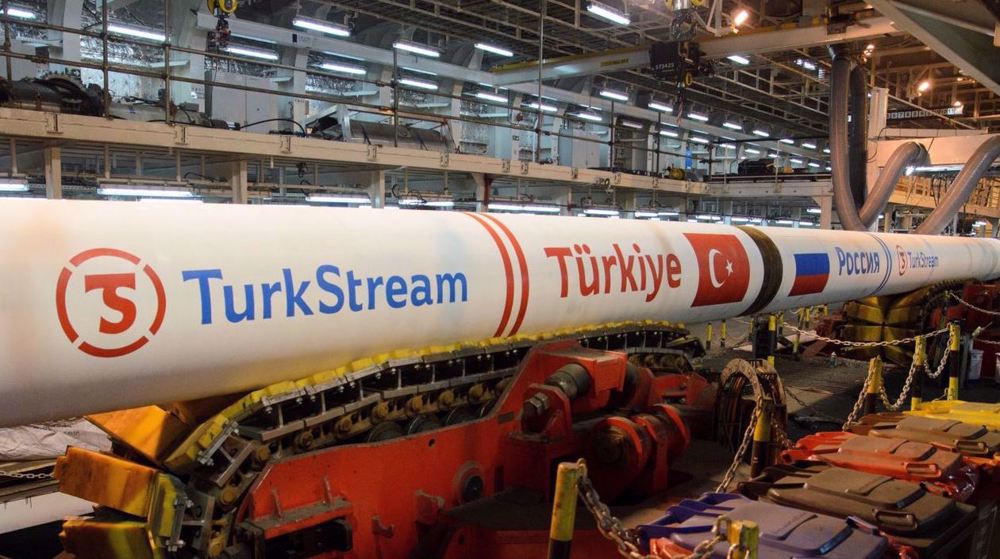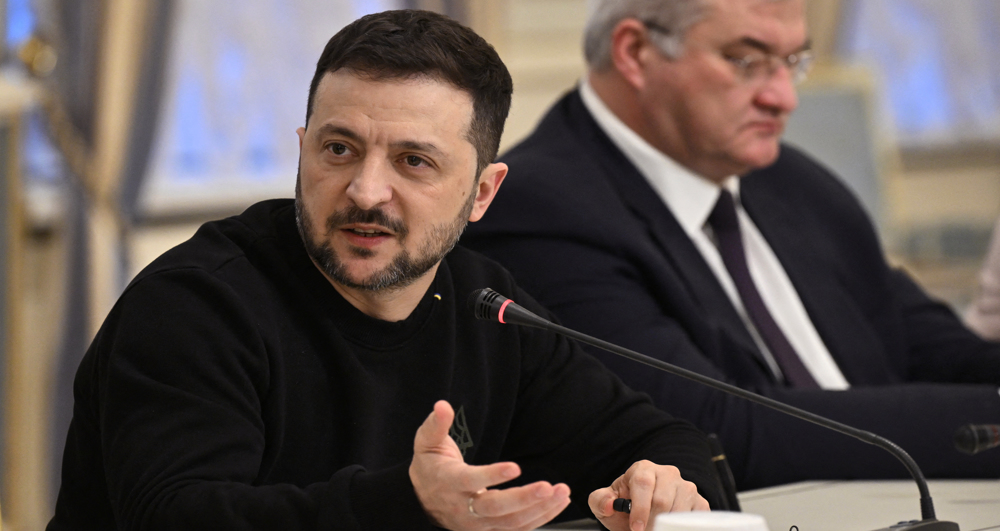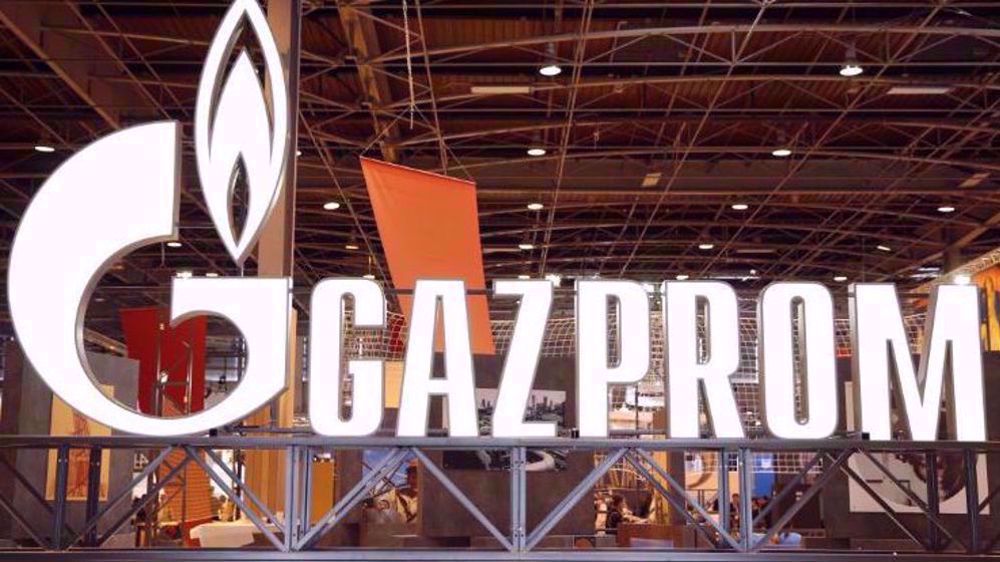Russia says no grounds yet to probe allegations of Navalny’s poisoning
Russia says there are still no grounds for a probe of the alleged poisoning of opposition figure Alexei Navalny, who is in a medically-induced coma at a German hospital.
The spokesperson for Russian President Vladimir Putin, Dmitry Peskov, said on Tuesday that the cause of Navalny’s condition had to be identified first.
“First, it is necessary to identify the substance, to find out what caused his condition. It means there should be grounds for an investigation. So far, all we can say is that the patient is in a coma,” Peskov said.
Navalny, 44, collapsed after drinking tea during a flight from the Siberian city of Omsk to the Russian capital of Moscow on Thursday night, and his plane was forced to make an emergency landing due to a sudden deterioration in his health.
Navalny’s team claimed that the drink had been poisoned, accusing Moscow of poisoning the opposition figure and ordering a ban on transporting him in “an attempt on his life.” But he was soon airlifted to Germany for treatment.

German doctors at Berlin’s Charite Hospital, where Navalny was admitted to, said clinical findings indicated he had been poisoned with a substance from the group of cholinesterase inhibitors. They said the specific substance remained unknown.
Peskov said that the hospital had not conclusively identified the substance, and that it was not known why German doctors were “rushing” to use the word “poisoning.”
“Regrettably, the substance has not been identified, samples do not show it,” Peskov said. “If the substance is established and if it is established that this is poisoning, then, of course, this will be a cause for investigation.”
Before he was taken to Germany, Navalny had been taken to a hospital in Omsk. Doctors at that hospital said tests on his blood samples for poisoning were negative.
Peskov said that “low cholinesterase was established by our medics during the first hours at the Omsk hospital.”
“Cholinesterase levels may drop due to various reasons,” he said, adding that various drugs could cause that condition.
“It is very important to identify what triggered the cholinesterase drop,” Peskov said.
He also denied allegations that Russia had been involved in the incident, describing them as nothing but “hot air.”
“We can’t take these… allegations seriously. These accusations, which cannot be true, are nothing but hot air, I would say, so we have no intention of treating it seriously,” he added.
In 2018, the UK accused Russia of having poisoned Sergei Skripal, a former double spy, and his daughter in Salisbury in southern England. Russia repeatedly denied any involvement in that incident.
West demands investigation
Earlier this week, German Chancellor Angela Merkel called on Russia to investigate Navalny’s case. She said Moscow needed to hold the perpetrators accountable.
US Secretary of State Mike Pompeo also said that if Navalny was poisoned, “the United States supports the [European Union’s] call for a comprehensive investigation and stands ready to assist in that effort.”
Sweden’s Foreign Minister Ann Linde said on Twitter that the “circumstances regarding the suspected poisoning of Navalny needed to be clarified by [an] independent investigation.”
France also joined the calls for an independent and transparent investigation.
“It is vital that Russian authorities conduct a prompt and transparent investigation to establish the circumstances in which this act was committed,” the French Foreign Ministry said in a statement.
French President Emmanuel Macron also said last week that France was ready to give Navalny all necessary assistance, including asylum.
Hamas thanks Iran, Resistance Front following achievement of ceasefire in Gaza
'Capitulation': Israeli officials and media concede Gaza defeat as truce unfolds
'Gaza has won': Social media users react to ceasefire with mix of relief, joy
Iran seeks South Korea’s assistance for AI, fiber-optic projects
VIDEO | Iran's 'Eqtedar' (Power) maneuver
Israel hits HTS military target in Syria for 1st time since fall of Assad
VIDEO | Press TV's news headlines
Israel has slaughtered 13,000 students in Gaza, West Bank














 This makes it easy to access the Press TV website
This makes it easy to access the Press TV website